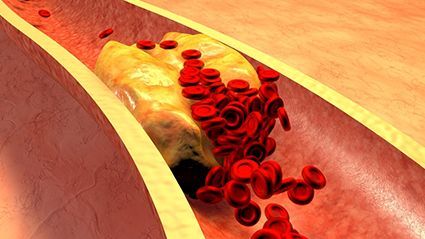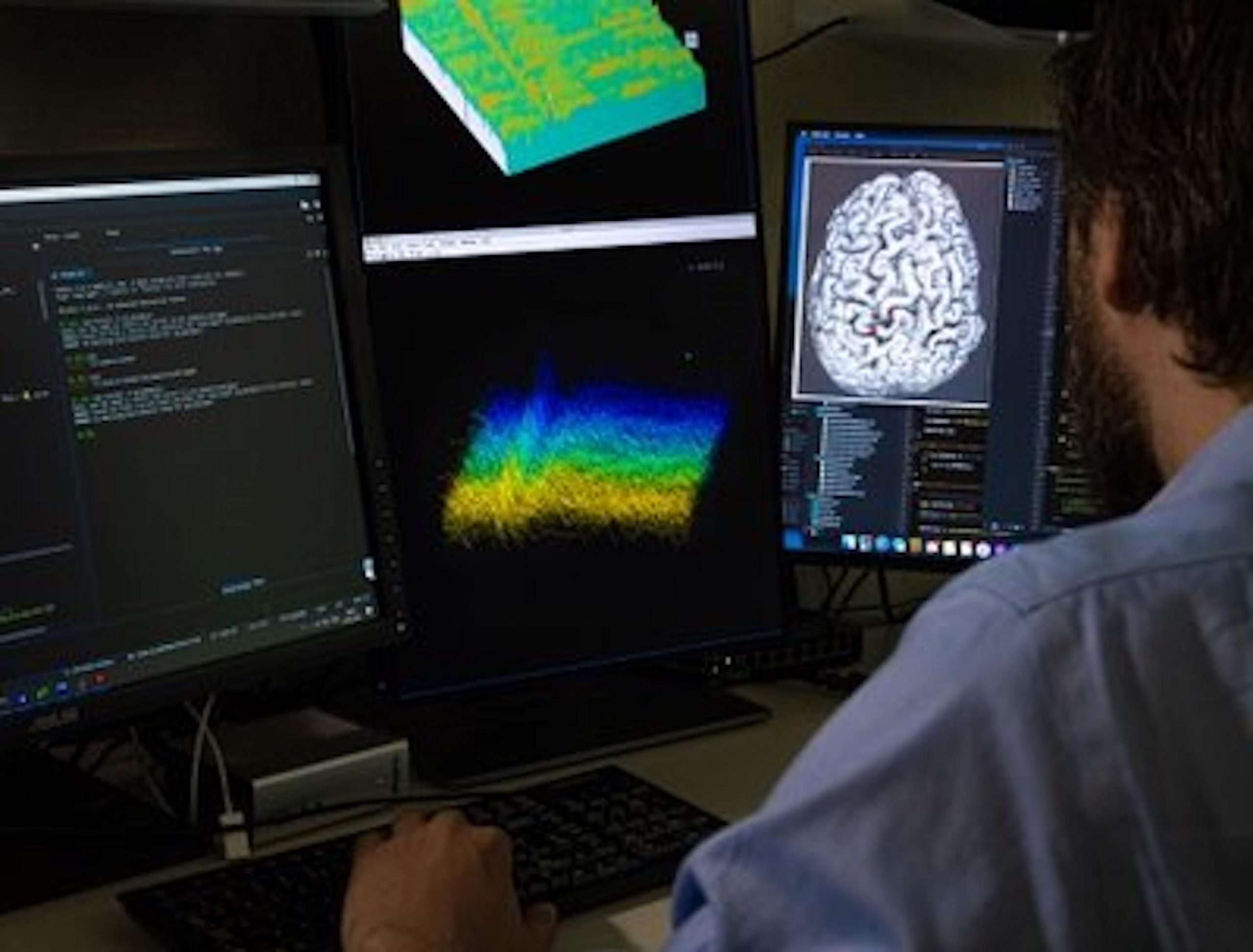
Your 30s can be a magical time filled with career strides, vacations you can actually afford, love, marriage and even a growing family of your own. It’s likely not the decade where you begin to fret about your risk for developing Alzheimer’s disease in the future. But maybe it should be. This is the main… read on > read on >






























